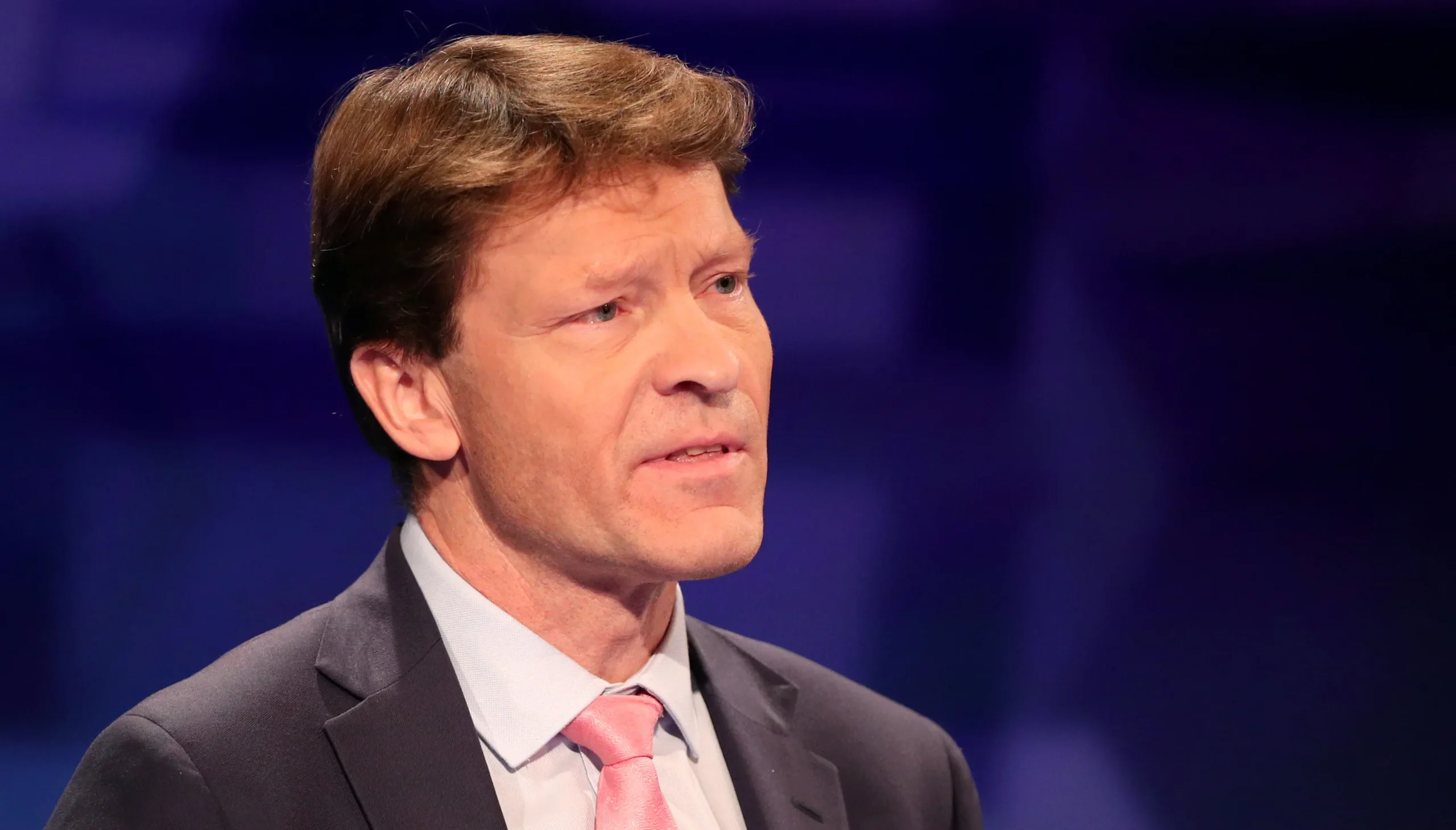Reform UK Deputy Leader Richard Tice BBC Local Radio Interview Grilling
The world of British politics is rarely quiet, and Reform UK continues to ensure its voice cuts through the noise.under the spotlight during a series of BBC local radio interviews. What unfolded was both revealing and telling: a grilling that tested his party’s policies, communication strategy, and long-term ambitions.
This article explores the background to the interview, the issues that were raised, the criticisms leveled against Tice, his responses, and what the episode might mean for Reform UK as it continues to position itself as a challenger to both the Conservatives and Labour.
Who is Richard Tice?
Richard Tice is no stranger to political debate. Before joining Reform UK, he built a reputation in business as a property developer and entrepreneur. Politically, he first rose to prominence through his involvement in the Brexit movement, co-founding Leave.EU alongside Arron Banks. Later, he aligned himself with Nigel Farage, joining the Brexit Party, which eventually rebranded into Reform UK.
Since then, Tice has emerged as one of the central figures shaping Reform’s identity. His political message has focused heavily on issues such as:
Immigration and border control
Economic reform and tax policy
Criticism of “establishment politics”
Challenging Net Zero policies
As Nigel Farage continues to occupy a significant media presence, Tice has often been tasked with doing the heavy lifting in interviews and debates, especially when scrutiny from journalists becomes sharp.
Why the BBC Local Radio Interviews Mattered
At first glance, a round of BBC local radio interviews might not seem as important as a headline slot on BBC Newsnight or Question Time. But local radio has an often-underestimated role in shaping public opinion. The BBC’s regional shows connect directly with communities, focusing on bread-and-butter issues that affect people’s daily lives, such as:
Housing shortages
NHS waiting lists
Transport infrastructure
Local council funding
By targeting these areas, the interviews forced Richard Tice to move beyond slogans and articulate Reform UK’s policies in a way that resonated with ordinary listeners outside the Westminster bubble.
The Line of Questioning: A Political “Grilling”
BBC radio hosts are known for their no-nonsense approach, and several took the opportunity to press Tice on areas where Reform UK has been criticized for offering bold rhetoric without clear policy detail. Among the toughest questions were:
Immigration Policy – Tice was repeatedly asked how Reform UK would implement its hardline immigration stance, including withdrawing from international agreements. Critics pushed him to explain whether this would be legally feasible or financially practical.
NHS and Public Services – Interviewers challenged Tice on how Reform’s promise to slash wasteful spending and cut taxes would align with the reality of underfunded hospitals, stretched schools, and crumbling infrastructure.
Cost of Living Crisis – Local listeners raised questions about soaring energy bills, asking Tice what Reform UK would do differently. His rejection of Net Zero policies was scrutinized for whether it would bring down bills or harm the UK’s international commitments.
Credibility of the Party – Perhaps the toughest questions came when hosts asked why voters should trust Reform UK as a credible alternative. With limited electoral success beyond the Brexit Party’s European Parliament victories, Reform has yet to secure a major breakthrough in Westminster politics.
How Tice Responded
Richard Tice remained combative throughout the interviews. He leaned into Reform’s identity as an insurgent movement, portraying his party as the only one brave enough to “tell the truth” about immigration, taxation, and political failure. Key themes in his responses included:
“Common Sense” Politics – Tice repeatedly argued that Reform UK represents the views of ordinary people, in contrast to what he framed as an out-of-touch political class in Westminster.
On Immigration – He doubled down on his view that the UK must leave international refugee conventions to regain control of its borders, though critics pointed out the legal and diplomatic challenges.
On the NHS – He suggested that bureaucracy, not funding, was the primary problem in healthcare, calling for sweeping reforms to management structures rather than tax hikes.
On Energy and Net Zero – Tice insisted that scrapping expensive green subsidies would reduce bills for working families, even as critics warned it could undermine long-term energy security.
On Credibility – He pointed to growing polling numbers, arguing that disillusionment with both Labour and the Conservatives has created an opening for Reform UK.
Public Reaction to the Interview
Listeners quickly took to social media platforms such as X (formerly Twitter) and Facebook to share their views on the grilling. Reaction was sharply divided:
Supporters praised Tice for standing firm under pressure and giving “straight answers” compared to what they saw as evasions from mainstream politicians.
Critics accused him of dodging specifics, relying on slogans like “common sense” without explaining how policies would work in practice.
Political Commentators noted that while Tice remained composed, his inability to provide detailed solutions could reinforce perceptions that Reform UK is more about protest than policy.
What This Means for Reform UK
The BBC local radio grilling underscores both the opportunities and challenges facing Reform UK.
Opportunities: Growing disillusionment with the Conservatives—especially over immigration and economic management—gives Reform UK fertile ground to win support, particularly in areas outside London. Local radio appearances like these help Tice connect with voters who feel neglected.
Challenges: Without detailed, costed policies, Reform risks being dismissed as a party of slogans. While Farage’s charisma can draw headlines, sustained pressure from journalists could expose gaps in their platform.
The Bigger Political Picture
Reform UK has been positioning itself as a potential kingmaker in British politics. With speculation over future elections and the possibility of hung parliaments, even a small but concentrated share of the vote could give the party influence.
To truly challenge Labour and the Conservatives, they must present a coherent, credible vision for government.
Conclusion
On one hand, the party has energy, boldness, and a growing share of public attention. On the other, it faces serious questions about policy depth and credibility.
Whether Reform UK can convert media exposure into real electoral success depends on how it responds to the kind of scrutiny Tice endured. The grilling may have been uncomfortable, but it also offered a valuable platform for the party to test—and refine—its message ahead of future political battles.
http://Reform UK deputy leader Richard Tice BBC local radio interview grilling




You could certainly see your expertise within the work you write.
The world hopes for even more passionate writers such
as you who aren’t afraid to say how they believe.
All the time follow your heart.
Awesome! Its really amazing paragraph, I have got much clear idea regarding from this piece of writing.